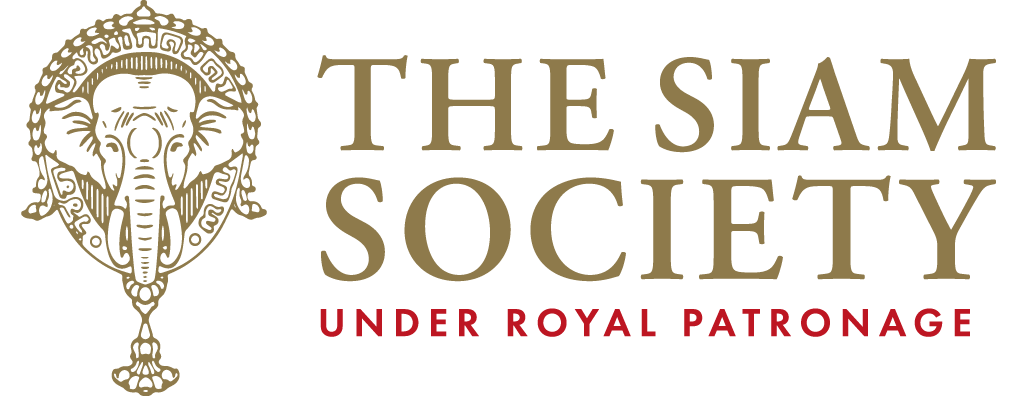New Chinese Migrants and the Benefits of Sino-Thai Corporate Cooperation
Based on immigration data, the number of new Chinese migrants in Thailand in 2022 was around 110,000-130,000 people, categorised as businessmen, employees, retirees, digital nomads, students and family members (https://uhpress.hawaii.edu/title/new-chinese-migrants-in-thailand-and-the-perceived-impact-on-thai-people/). They are becoming more common in Thailand, particularly in Bangkok, Chonburi, Rayong, Phuket, Chiang Mai, Chiang Rai, Tak, Buriram and Khon Kaen. Unfortunately, some Chinese residents in Thailand fail to abide by the nation’s laws. These ‘grey zone’ migrants, to some extent, engage in illegal activities such as visa fraud, business nomination and criminal activities like drug distribution and gambling. Criticism of new Chinese immigrants has been openly debated due to the imprints of their engagement in illicit activities. However, local Thai perceptions are not confined to negative stereotypes. In general, Thais perceive incoming new Chinese migrants as both neutral and beneficial. According to the results of surveys conducted by ISEAS, people possess a favourable attitude towards China’s economic and cultural benefits. In addition to these surveys, this study also focused on 60 in-depth interviews to shed light on the impact and local Thai residents’ attitudes. The study’s findings are divided into two sections: perceived positive and negative impacts of the influx of new Chinese migrants. The benefits are in the Sino-Thai corporate cooperation, economic circulation, technology transfer, availability of Chinese-speaking workforces and cultural interactions. Whereas, Thais observe negative impacts in terms of competition for jobs, increased business competitiveness, undesirable social behaviour in public places, business domination and Thailand’s reputation as a tourism hub.
About the speaker
Sivarin Lertpusit (PhD) is an Assistant Professor in the socio-political discipline at the College of Interdisciplinary Studies, Thammasat University. In 2022, she held the position of research fellow at ISEAS Yusof Ishak Institute, Singapore. She completed her doctorate in International Studies (Southeast Asia studies) at Waseda University’s Graduate School of Asia Pacific Studies (Tokyo). Her research focuses on the Greater Mekong Subregion (GMS) and China’s influence, as evidenced by her recent study, “New Chinese Migrants in Thailand and the Perceived Impact on Thai People,” published by ISEAS in January 2024 (https://uhpress.hawaii.edu/title/new-chinese-migrants-in-thailand-and-the-perceived-impact-on-thai-people/).
When
Where
Admission
Members and Students (to undergraduate level) — Free of charge
Non-Members — THB 300
For more information, please contact
To book your place, please contact Khun Pinthip at 02 661 6470-3 ext 203 or pinthip@thesiamsociety.org
More upcoming lectures
-
 Preserving Samsara III: Photographic Recollection of PakistanLecturesThursday, 25 July 2024 at 19:00
Preserving Samsara III: Photographic Recollection of PakistanLecturesThursday, 25 July 2024 at 19:00 -
 This Fresh Existence: Heart Teachings from Bhikkhuni DhammanandaLecturesThursday, 1 August 2024 at 19:00
This Fresh Existence: Heart Teachings from Bhikkhuni DhammanandaLecturesThursday, 1 August 2024 at 19:00 -
 Snowland Arts: Making the Community a Better Place, One Artist at a TimeLecturesSaturday, 3 August 2024 at 10:30
Snowland Arts: Making the Community a Better Place, One Artist at a TimeLecturesSaturday, 3 August 2024 at 10:30 -

